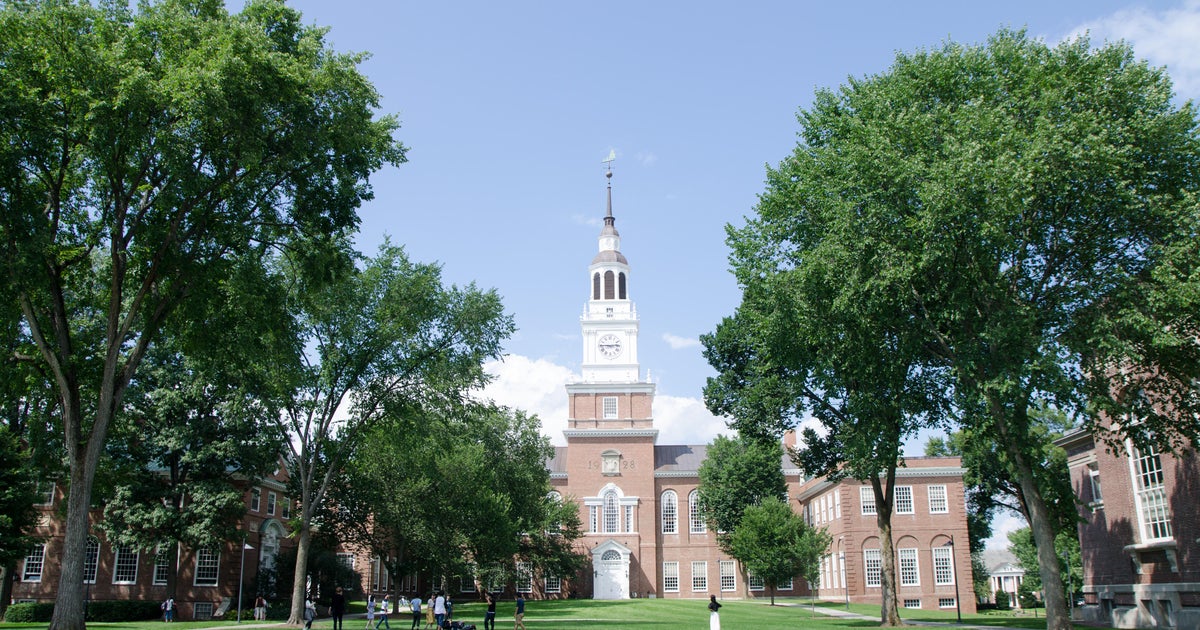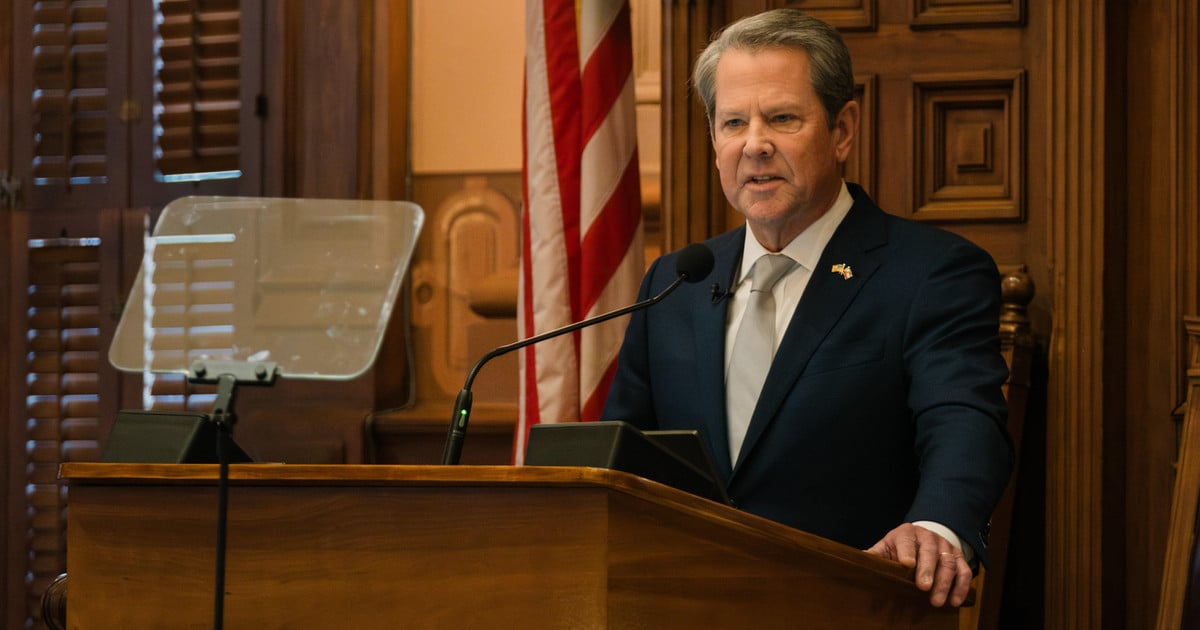
In a bold move that raises significant concerns about academic freedom, the White House is urging nine prominent U.S. universities to sign an agreement that aligns with the Trump administration’s controversial higher education agenda. Failure to comply with the terms of this “Compact for Academic Excellence in Higher Education” could jeopardize these institutions’ access to vital federal funding.
This directive, detailed in a nine-page document, imposes several stringent requirements on the universities, including a five-year freeze on tuition rates, a ban on considering sex and gender in admissions processes, and a cap on international student enrollment. The compact stipulates that signatory institutions must also commit to “transforming or abolishing institutional units that purposefully punish, belittle and even spark violence against conservative ideas,” a provision that many critics say threatens the very principles of academic inquiry and expression.
The universities targeted in this initiative include the University of Arizona, Brown University, Dartmouth College, Massachusetts Institute of Technology, University of Pennsylvania, University of Southern California, University of Texas, University of Virginia, and Vanderbilt University. A White House official confirmed that letters outlining the plan were dispatched to these institutions, although they did not specify a deadline for the universities to respond or indicate whether similar offers would be extended to other colleges.
According to a report by the Wall Street Journal, which first broke the story, May Mailman, a senior adviser for special projects at the White House, indicated that while the administration does not plan to restrict federal funding solely to institutions that sign the compact, those that do will be prioritized for federal grants and partnerships. The agreement emphasizes that institutions of higher education are free to adopt alternative models and values, provided they are willing to forgo federal benefits.
The letter sent to the universities, which was subsequently obtained by CBS News, highlights the incentives for compliance, including “allowance for increased overhead payments where feasible, substantial and meaningful federal grants, and other federal partnerships.” This letter was co-signed by Mailman, Secretary of Education Linda McMahon, and Vince Haley, director of the Domestic Policy Council.
As reactions unfold, the University of Virginia’s interim president, Paul G. Mahoney, has established a working group to assess the implications of the letter. A spokesperson for the university stated that no decisions have yet been made regarding the compact. Similarly, the University of Southern California is currently reviewing the letter, while MIT confirmed receipt but opted not to comment further at this time. The other institutions have not yet provided a response to media inquiries.
Critics of the agreement are already voicing their concerns. The University of Pennsylvania chapter of the American Association of University Professors issued a statement calling the White House’s letter a “threat.” The group asserted, “Penn must not allow itself to be threatened into ceding its self-determination. Whatever the consequences of refusal, agreeing would threaten the very mission of the university.”
One particularly contentious aspect of the compact is its limitation on foreign student enrollment, mandating that international students cannot exceed 15% of a university’s undergraduate population. Additionally, the agreement stipulates that no more than 5% of foreign students can originate from a single country. The document argues that universities relying on foreign students for funding risk diminishing opportunities for deserving American students.
Moreover, the agreement requires universities to freeze tuition for five years and provides for tuition waivers for students pursuing “hard science programs” at institutions with an endowment exceeding $2 million per undergraduate student. However, it notes that students from “families of exceptional means” would be exempt from this tuition freeze.
This initiative represents the latest effort by the Trump administration to reshape the landscape of higher education in the U.S. In recent months, the administration has targeted several high-profile universities, threatening to withdraw federal funding unless they comply with specific demands related to combating antisemitism and revising their diversity practices.
For instance, Columbia University recently agreed to pay $200 million to resolve an investigation into alleged violations of anti-discrimination laws. Earlier this year, the administration suspended approximately $2 billion in federal funding earmarked for Harvard University, citing the institution’s failure to adequately address antisemitism on campus. A federal judge later ruled that the funding freeze on Harvard was unlawful, underscoring the contentious nature of the administration’s approach to higher education policy.
As this situation continues to develop, the implications for academic institutions across the country remain to be seen. The pressure to conform to the administration’s agenda raises critical questions about the future of academic independence and the role of federal funding in shaping the policies and practices of higher education institutions.


